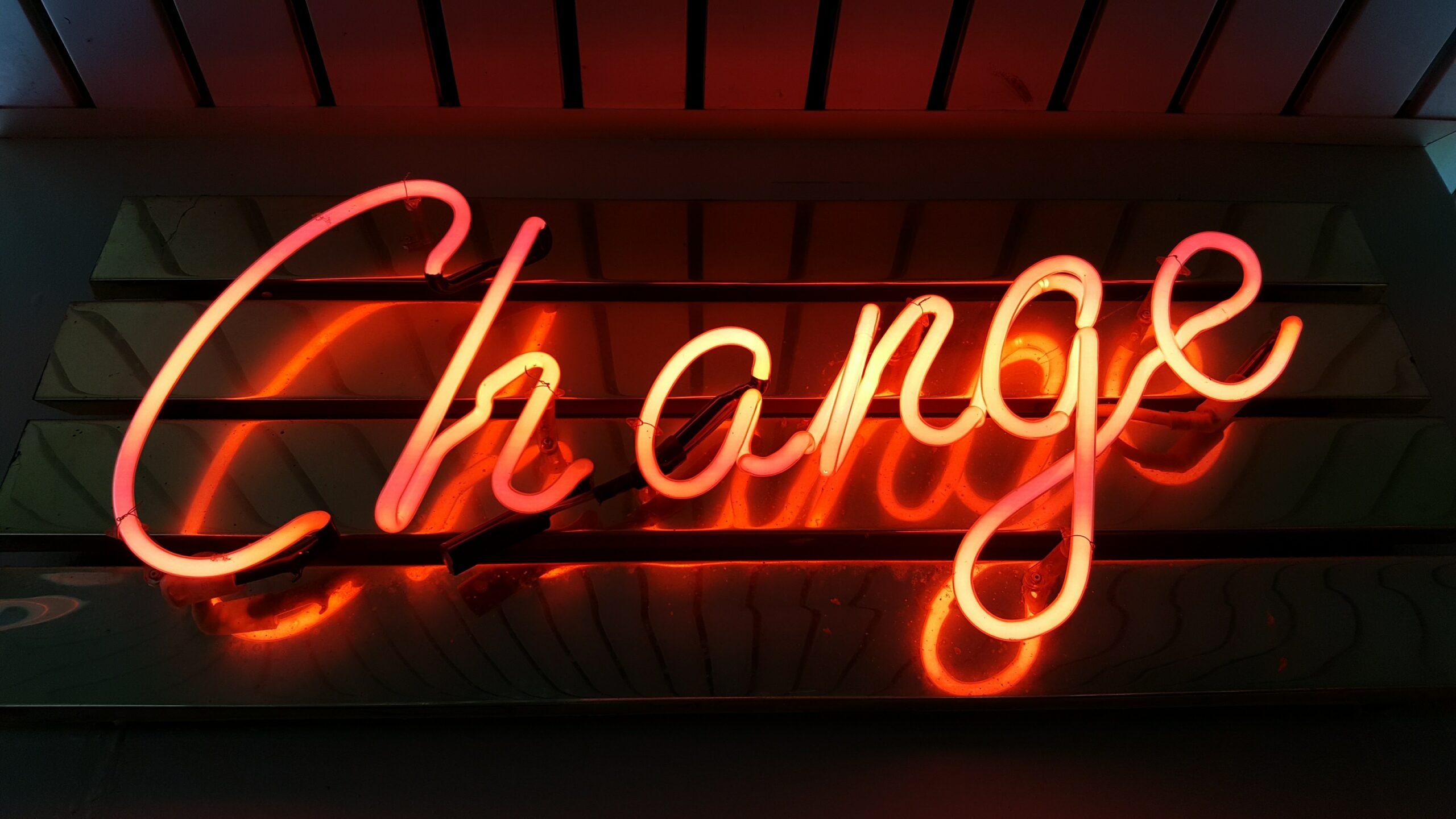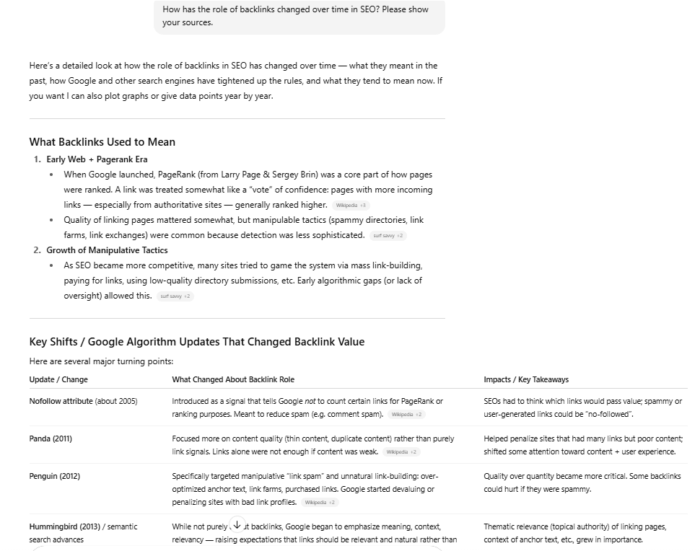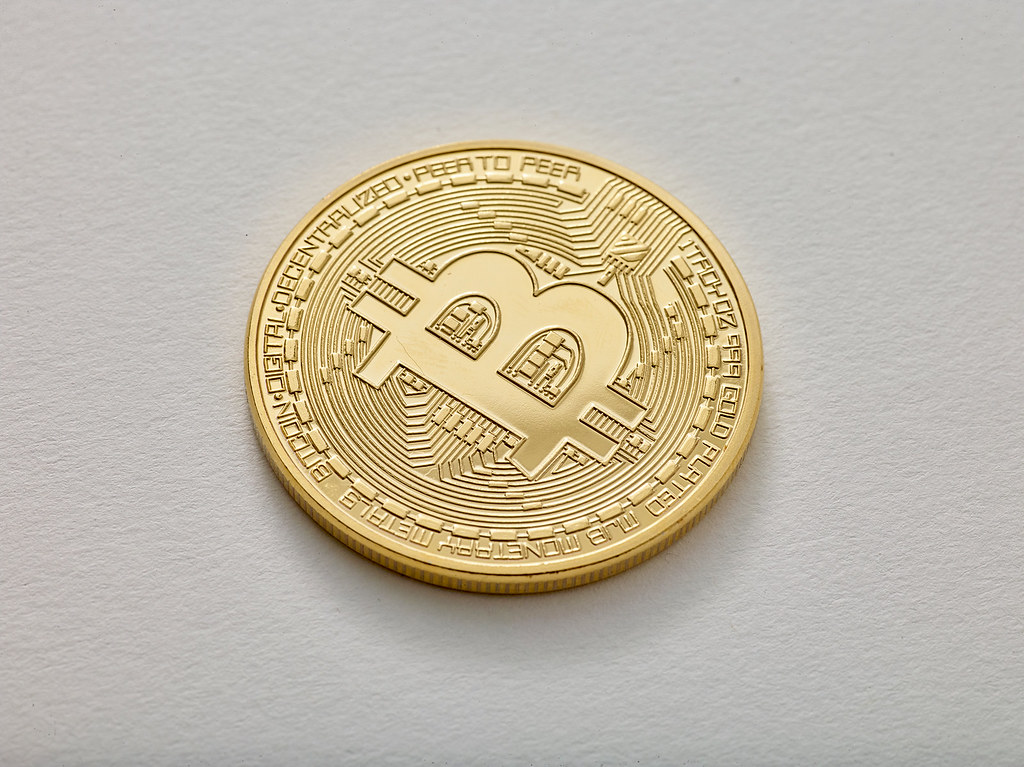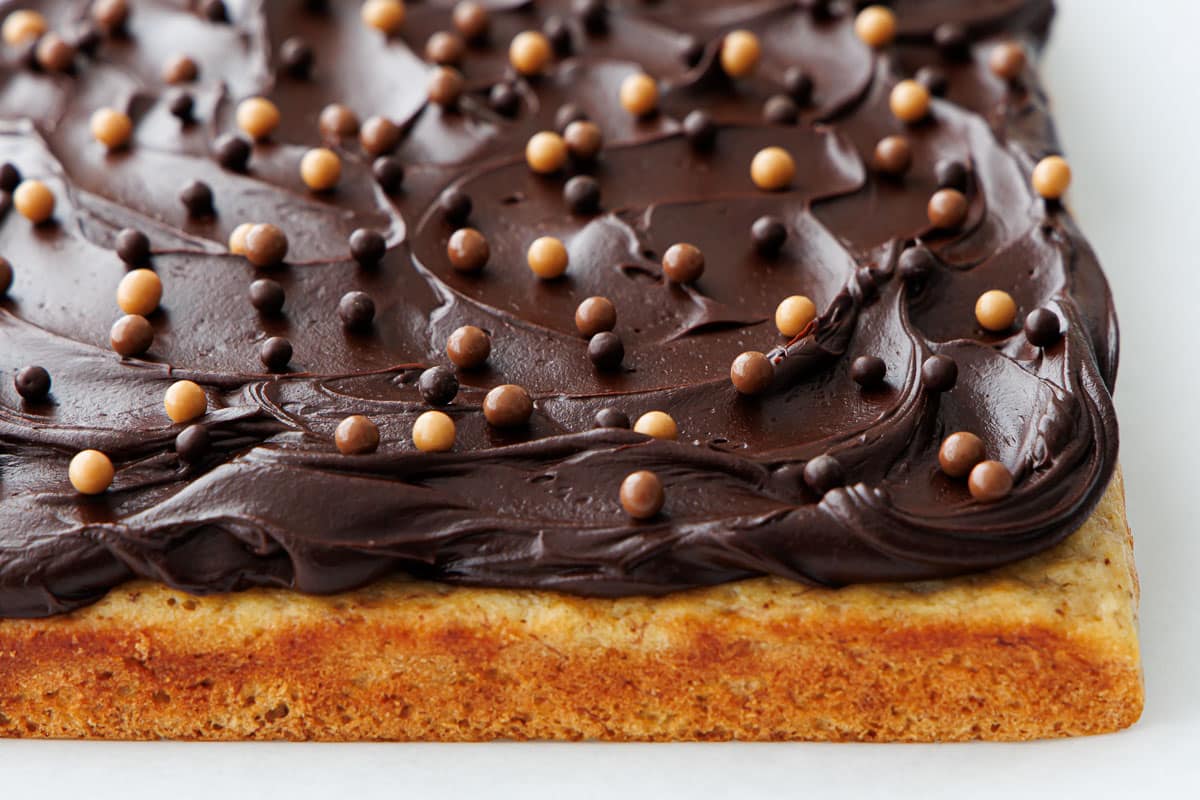10 Things No One Tells You About Decluttering
You’ve seen the before-and-after photos. You’ve read the tips about the three piles: keep, donate, and discard. You know the promised land of a minimalist home is supposed to feel light and free. But what they don’t show you...


You’ve seen the before-and-after photos. You’ve read the tips about the three piles: keep, donate, and discard. You know the promised land of a minimalist home is supposed to feel light and free.
But what they don’t show you is the messy, emotional, and profoundly human work that happens in the space between those two pictures. Decluttering is not just a physical task; it’s a journey into the inner landscape of your own heart and mind.
Here are ten things no one tells you about decluttering:
1. Decluttering is an emotional detox, not just a physical one.
You aren’t just sorting through old clothes and forgotten kitchen gadgets. You are sifting through the artifacts of your life. With each item, you may process a wave of grief for a time that has passed, a pang of guilt for money wasted, or a warm ache of nostalgia. This is not a sign you’re doing it wrong. It’s a sign you’re doing it right. The clutter was numbing you; letting it go allows you to feel again.
2. The biggest resistance isn’t to letting go of the item, but to letting go of the person you thought you’d be.
That expensive bread machine isn’t just an appliance. It’s a symbol of the hospitable, home-making gourmet you aspired to be. The unused hiking gear isn’t just nylon and metal; it’s the embodiment of the adventurous, outdoorsy spirit you fear you’ve lost.
Letting go of the object means acknowledging that your dreams or identity have shifted. It’s a quiet funeral for a possible self, and that is a deeply courageous act.
3. It will make your hidden problems visible.
Clutter is a brilliant insulator. It muffles the sounds of discontent and hides the cracks in your life’s foundation. When the piles of laundry are gone, you might see a marriage that needs more attention. When the counter is clear, you can no longer ignore your poor eating habits. Decluttering strips away the buffer, forcing you to confront the real issues that the stuff was helping you avoid.
4. Letting go of something you spent good money on is a painful lesson in sunk cost.
Holding onto a mistake because you paid for it is like paying for it twice. The first cost was financial. The second cost is ongoing: the mental energy to manage it, the physical space it consumes, and the subtle guilt it evokes every time you see it.
Releasing it, even by giving it away for free, is how you stop the bleeding. This painful lesson in “sunk cost” is an investment that will save you thousands of future dollars and immeasurable peace of mind.
5. You will feel tired, not energized, after a major session.
Forget the euphoric, energy-filled transformation you see on television. A deep decluttering session is mentally and emotionally exhausting. You are making hundreds of micro-decisions, wrestling with your past, and confronting your choices. It’s common to feel drained, even sad. The clarity and energy arrive later, often the next day, when you wake up to a space that no longer demands anything from you.
6. Decluttering your physical space is the training ground for your schedule and relationships.
The skills you learn in your living room are directly transferable to your life. Asking “Does this bring me joy or serve a purpose?” for a sweater teaches you to ask the same of a weekly commitment.
Learning to let go of a sentimental trinket builds the muscle to let go of a one-sided friendship. The physical act is the practice run for the much harder work of curating a meaningful life.
7. Decluttering is a skill that improves with practice.
Your first pass through a closet will be slow and agonizing. The tenth time will be swift and intuitive. You will learn the unique language of your own attachments and develop a sharper sense of what truly belongs in your life. The guilt lessens. The decision-making becomes clearer. What feels impossible now will become second nature, a gentle maintenance instead of a brutal battle.
8. It will cause tension with family members.
Your journey towards simplicity can feel like a judgment on another’s comfort with clutter. A partner may feel threatened as you let go of shared memories. A parent may see your donation bag as a rejection of their gifts. This friction is normal. Navigate it with grace, communicate your “why” without preaching, and focus on your own domains.
This tension, if handled with love, can actually lead to deeper understanding and stronger boundaries.
9. A decluttered home is easier to clean, but it holds you accountable.
The cleared space is a mirror. A single coffee cup left out is now a noticeable event, not a drop in an ocean of mess. There is no longer anywhere to hide the mess. Your environment now demands a new level of personal responsibility. It asks you to be the kind of person who puts things away, not because you have to, but because you respect the peace you’ve worked so hard to create.
10. Decluttering is just the first step. Overcoming consumerism is the harder part.
You can empty your home, but if you don’t address the tap, it will fill up again. Decluttering shows you the exit door, but the real work is learning to stand guard at the entrance. It requires you to question every advertisement, resist every sale, and untangle your self-worth from your possessions.
But you cannot even begin this harder, more profound work of overcoming consumerism until you’ve first cleared the stage and seen the profound benefits of living with less.
The journey of decluttering is about so much more than stuff. It’s the unflinching process of meeting yourself—your past, your present, and your potential—amidst the piles, and having the courage to choose which version of you gets to move forward into a lighter, more intentional future.

 Lynk
Lynk 



























.jpg&h=630&w=1200&q=100&v=6e07dc5773&c=1)




